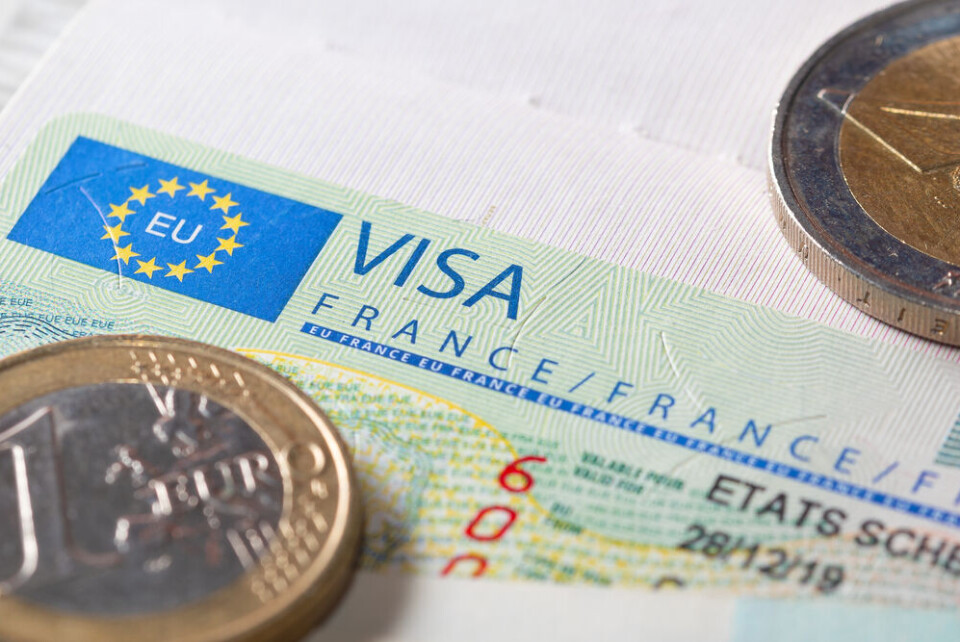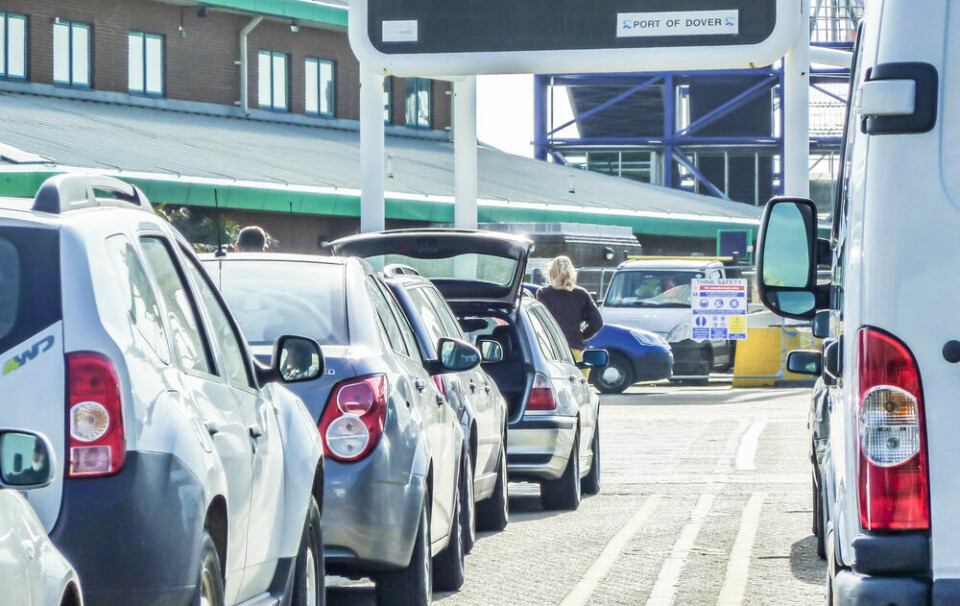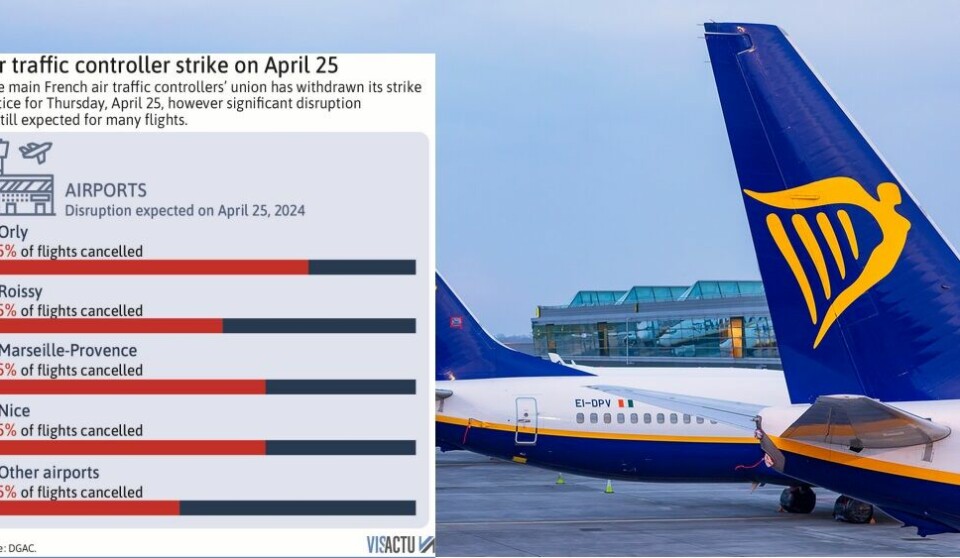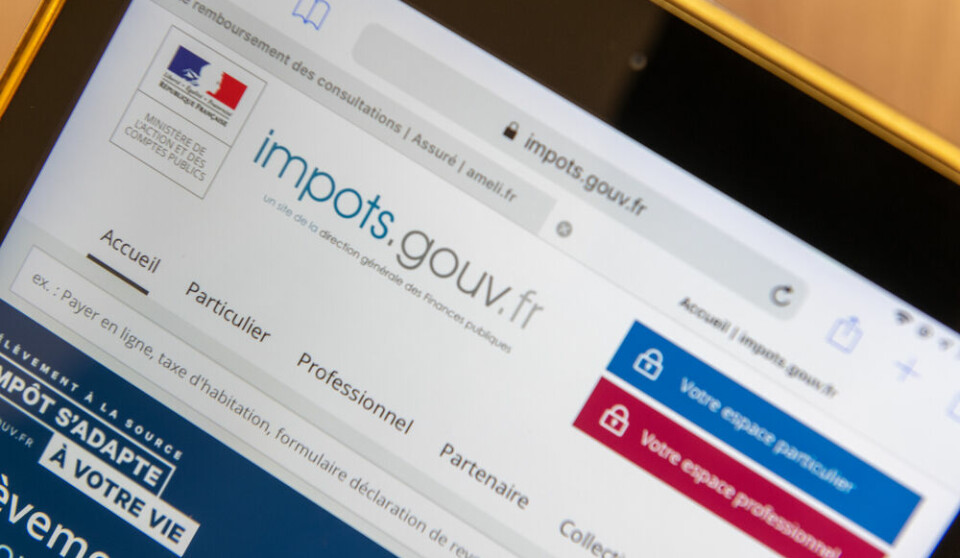-
Phone scams, gardening, insurance claims: 5 French practical updates
Our roundup of recent practical articles you may have missed
-
Picnic in Paris? Chance to join huge meal on Champs-Elysees
The event could even be record-breaking. You can now apply for your chance to take part
-
Many older electrical installations in France have security faults
‘Electrical installations age, like cars, and you need to call an electrician to check them’, the national electrical safety observatory warns
How many residency cards are being issued to Britons post-Brexit?
We look at the latest available figures

Just over 11,000 first-time residency cards were issued to Britons wanting to live in France in 2022, the first full year of post-Brexit rules, French Interior Ministry figures show.
These will mostly be people who had moved over post-Brexit as non-EU citizens, though there may also be a few people who still obtained Brexit ‘Withdrawal Agreement’ cards, for example because they came to France as family members of WA cardholders.
The figure compares to a huge number of cards issued to Britons in 2021 due to the number of people applying to remain in France after Brexit rules came into force.
A total of 99,594 Britons were issued with their first-ever residency card in that year. These would have been the – obligatory – WA cards, which came in five-year or 10-year duration versions depending on how long the person had been living in France.
It was officially only possible to apply for these between October 2020 and June 30, 2021, though some applications were accepted later. All Britons wanting to stay in France were meant to have a card by the start of 2022.
Prior to 2021, cards issued to Britons would only have been optional ‘EU citizen’ cards, which some Britons applied for as a safeguard to prove their legal residency in France after Brexit.
Before the Brexit vote in 2016, figures for cards issued to Britons would have been negligible.
In 2018, 11,196 Britons obtained a first residency card, then 22,461 in 2019, before a slump in 2020 to 7,711 which was probably linked to prefecture closures during the Covid pandemic.
The statistics for those applying in 2023 have not yet been released – they should be announced in June 2024.
One in four applications in 2021 were from Britons
In reality, 2021 was an outlier, with Britons already in France who wished to remain permanently after Brexit applying for the new WA residency permits, while they were not obliged to hold any form of card before that.
In fact, the figure in 2021 made Britons by far the largest recipient of first titres de séjours that year, with almost one in four of these permits being granted to Britons.
The next highest recipients, Moroccans, received 35,361.
In 2022 Britons were the sixth-highest recipients. Countries including the US, Ivory Coast, China, Tunisia, Algeria, and Morocco (the highest overall) all received more.
Between 2018 and 2022, Britons receiving first residency cards fell into their own category in the Interior Ministry’s rankings, as they were not applying for these permits relating to work or family matters, but to continue to benefit from their rights to live in the EU as they had before.
You can find the full information here, via the official pdf titled ‘La délivrance des premiers titres de séjour en 2022 - Révisions des estimations précédentes’.
This information is about residency cards, not visas, though it is possible the ministry has included visas de long-séjour valant titre de séjour (VLS-TS) which are legally deemed equivalent to a residency card once they have been ‘validated’ after arrival.
The statistics would not, however, include anyone coming to France on short-stay Schengen visas or ‘temporary’ long-stay visas.
More information on the number of visas applied for can be found in our article here.
Related articles
Fight continues to ease visa process for long visits to France
Is the French visa process set up to put people off?























